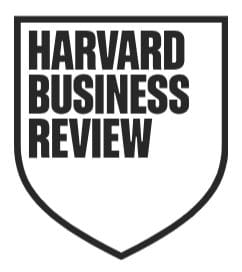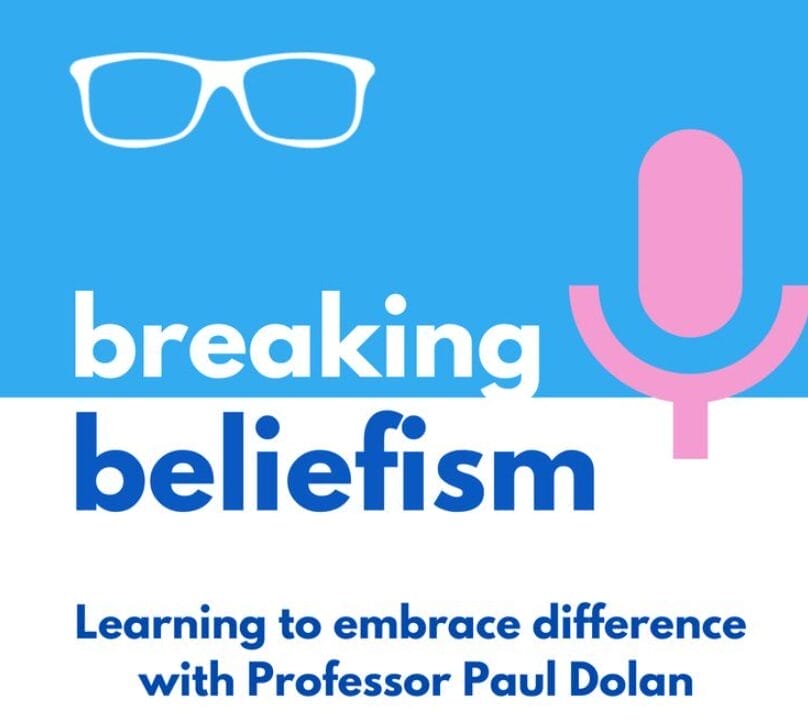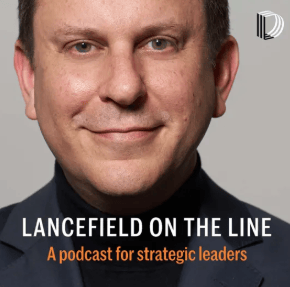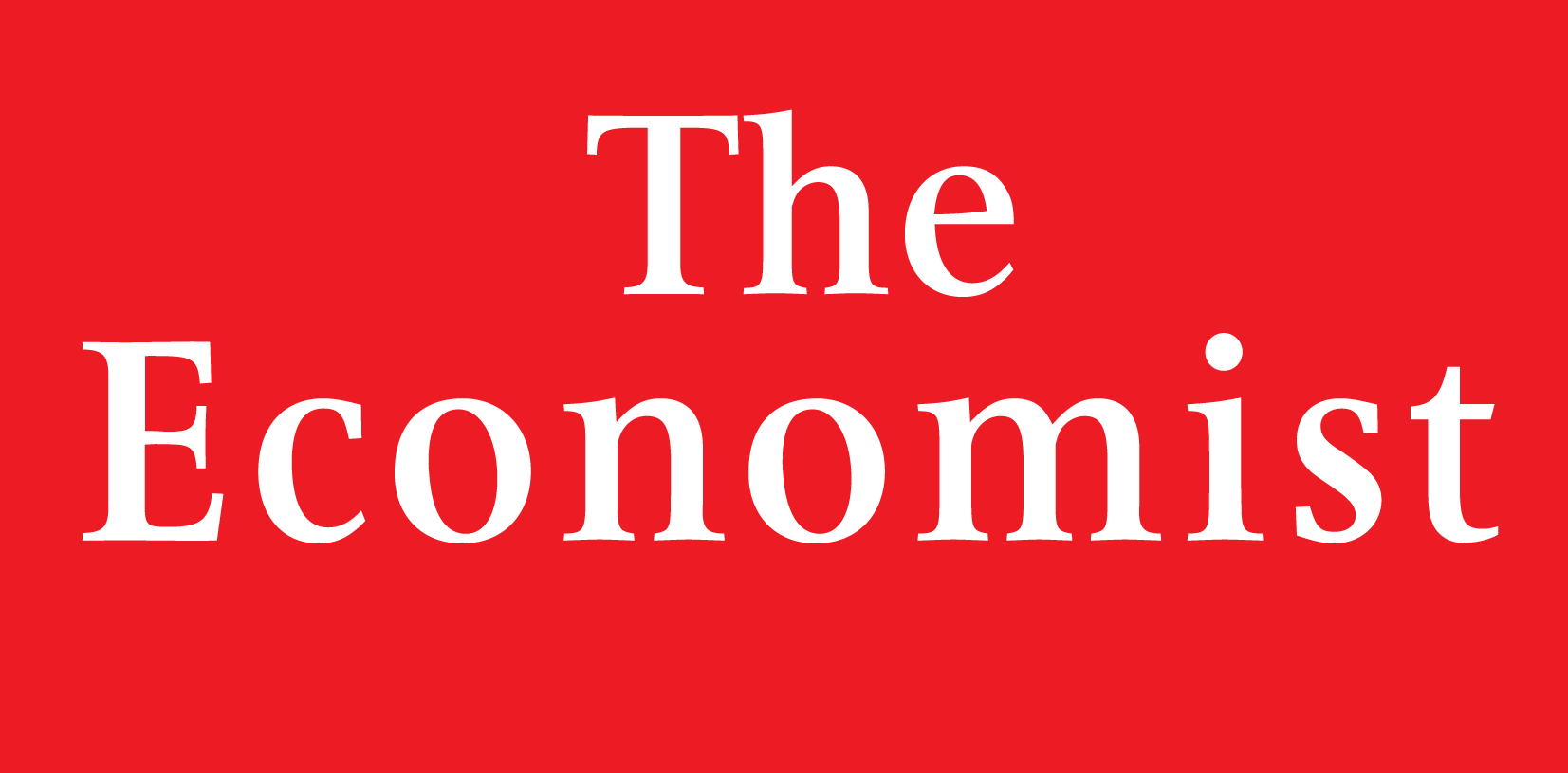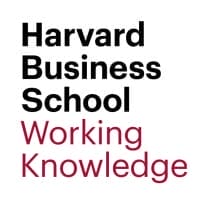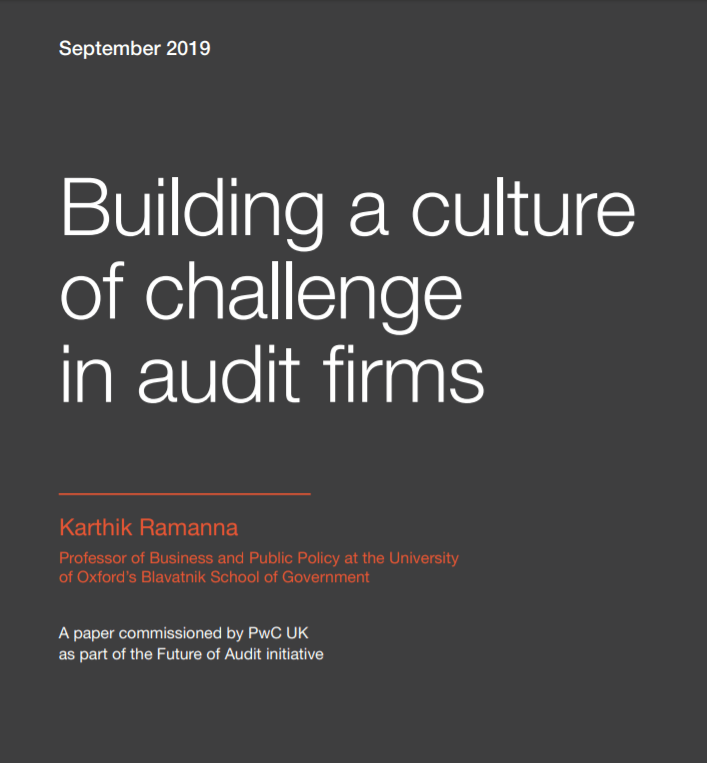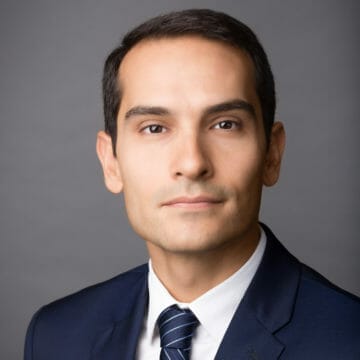Videos
Learn More About Karthik Ramanna
Amidst deepening divisions in society today, how can leaders ensure that their businesses continue to operate effectively, stay resilient, and even grow?
With public confidence in our core institutions at alarming lows and polarization in society at dangerous highs, leaders need to cultivate new capabilities to keep their organizations together and to help people around them thrive, notes Karthik Ramanna, Ph.D. At the core of getting this done is continually building and rebuilding trust, he observes.
“One of the essential elements to any civilization is its capacity to sustain trust,” explains Ramanna, who from 2016 to 2023 directed Oxford’s Master of Public Policy program, a flagship for Rhodes Scholars. “If we are to find our way out of this deeply polarized time, our leaders must invest anew in the art and science of growing trust. This requires a commitment and follow-up both on formal processes that are verifiable and on more informal practices that help divided communities identify and sustain shared beliefs.”
As an advisor to senior leaders and through engaging keynotes and workshops, Ramanna offers practical frameworks for achieving both goals – leading in a time of societal discord and reliably measuring and reporting on sustainability efforts.
Practical Solutions for Leading in a Polarized World
In his book, “The Age of Outrage: How to Lead in a Polarized World” (Harvard Business Review Press, October 2024), which was named one of Forbes 10 best business books of 2024, Ramanna expands on his popular Oxford course, “Managing in the Age of Outrage” and its companion HBR article to provide leaders with steps they can take to make sense of the animosity around them, work constructively to overcome it, and emerge as a stronger organization.
“Managing in the age of outrage is different from managing outrage. The latter is simply crisis management, which we have to do from time to time and then get on with our daily lives. The former requires a new way of thinking, because we have to go beyond the proverbial ‘fire-fighting’ to fire-prevention and learn how to thrive by doing that,” explains Ramanna, who has had more than 1,000 leadership scholars from over 120 countries take his course. “Leaders today need to build a whole new functional capability for managing in the age of outrage, just as they have functional capabilities for finance, marketing, supply-chains, etc.”
In the book, Ramanna offers a practical 5-stage framework with step-by-step recommendations for how leaders can help address this critical business and societal challenge. Drawing on disciplines as diverse as neuroscience and literary criticism, together with common sense wisdom and real-world case studies, he provides an accessible toolkit for a new resilient managerial system for today’s increasingly divided society.
Using Financial Accounting as a Model for Measuring Decarbonization and Sustainability Efforts

Many agree that addressing global climate change is more urgent than ever, but “a patchwork of voluntary carbon disclosure efforts by companies has paradoxically facilitated greenwashing by some and affected public trust in corporate sustainability efforts overall,” notes Ramanna, co-chair of the Carbon Measures and International Chamber of Commerce’s Technical Expert Panel on Carbon Accounting.
Among the world’s top authorities on corporate financial accounting and auditing, Ramanna urges corporations to implement that same rigorous approach to measuring decarbonization efforts and eventually to sustainability activities more generally.
To address this, Ramanna and Harvard Business School senior fellow Robert S. Kaplan have created The E-ledgers Institute, a non-profit that aims to give organizations a verifiable global method for accounting for their carbon emissions and offsets. The Institute’s E-liability method is the only-known system to accurately report corporate greenhouse gas emissions to a “true-and-fair” assurance standard across supply and distribution chains.
“Disclosure without an underlying fundamental basis of auditable accounting very quickly becomes puffery,” explains Ramanna, author of “Political Standards” (2016), a corporate governance classic on how to design robust accounting principles. “If we’re going to get serious about climate change, we need to build a bedrock of carbon accounting rigor similar to how we have built and improved financial accounting over the years.”
Ramanna, who was named to the 2025 Thinkers50 Radar Class of thought leaders likely to influence management and leadership in the coming years, helps leaders understand the important role that universal, accurate accounting plays in successful corporate responsibility and sustainability initiatives and how a standardized global method for measuring carbon emissions and footprints is crucial to creating new sources of value for shareholders and society at large.
Ultimately, Ramanna’s frameworks and tools help nurture greater trust in business and society. He offers organizations practical approaches for leading in today’s heated social climate, accurately accounting for climate change initiatives, and designing reporting standards that promote transparency and stability in the global financial system.
###
Karthik Ramanna, Ph.D., has authored dozens of research articles and case studies on non-market strategies in Africa, China, the EU, India and the U.S. His scholarship has won numerous awards, including the Journal of Accounting & Economics Best Paper Prize and three-times the Case Centre’s Outstanding Case-Writer prize, dubbed by the Financial Times as “the business school Oscars.”
Ramanna founded and leads Oxford’s Transformational Leadership Fellowship, a bespoke, by-invitation, part-time program for senior corporate executives considering a second career that can bring their strengths to address broader societal challenges. He also founded Oxford’s Case Centre on Public Leadership and directed Oxford’s Master of Public Policy program, a flagship one-year degree for current and prospective leaders in government.
Prior to his roles at Oxford, Ramanna taught leadership, corporate governance and accounting at the Harvard Business School in both the MBA and senior executive education programs and has served as a faculty associate at Harvard’s Weatherhead Center for International Affairs.
With a doctorate from MIT’s Sloan School of Management, Ramanna has served on the editorial boards of several scientific journals, including as co-editor of the interdisciplinary journal Accounting, Economics and Law.
Karthik Ramanna is available to advise your organization via virtual and in-person consulting meetings, interactive workshops and customized keynotes through the exclusive representation of Stern Speakers & Advisors, a division of Stern Strategy Group®.
A New Mindset for Leading in a Polarized World
How can organizations and individuals navigate and thrive in a world that’s becoming progressively more polarized? According to Karthik Ramanna, Ph.D., with mistrust becoming more of the norm than the exception, it is vital for leaders to build a new functional capability for managing in the age of outrage. Offering solutions over diagnosis in this engaging presentation, he draws from his new book, “The Age of Outrage: How to Lead in a Polarized World,” to provide a practical 5-stage framework for how leaders can help address this critical business and societal challenge. Audiences will walk away with accessible strategies for turning down the temperature, creating active-listening communities, allowing sensible solutions to emerge from shared beliefs, and building a resilient managerial system in today’s increasingly divided society.
Turn Decarbonization Into a Competitive Advantage
Global decarbonization is more urgent than ever, but corporate efforts in this space are muddied by poor performance metrics that allow companies to claim competitors’ and even regional-average results on emissions reduction as their own. According to co-founder of the non-profit E-ledgers Institute, Karthik Ramanna, Ph.D., we need robust carbon-accounting metrics that hold companies responsible for the decarbonization decisions under their control and allow them to demonstrate and be rewarded for excellence in this regard. “To accelerate solutions to climate change,” Ramanna notes, “we need to align our greatest known problem-solving system – the competitive spirit in capitalism – with the goal of global decarbonization. This is what the E-ledgers accounting solution does.” In this talk, Ramanna will outline the E-liability method, sharing case studies of companies in many sectors and geographies that have deployed the approach to gain competitive insights and create win-wins on climate change action.
Emerging Risks for Boards and Audit Committees
As more equity capital has become passive, boards and audit committees may find fewer market signals of emerging risks to their organizations than they did before. This means that when the risks do become apparent, much damage has already been done and non-executive board members find themselves facing serious repercussions. An important way to avoid this outcome is for boards and audit committees to be more attuned to nascent risks often lurking in their organizations’ financial statements, internal controls, and sustainability reports. In this talk, Karthik Ramanna, Ph.D. draws from his years of scholarship on accounting and auditing processes to offer a crash course on enhancing risk awareness, leaving audiences with a practical checklist for being better stewards of investor and societal interests.
Renewing Organizational Trust: Winning Over Skeptics Within and Outside the Enterprise
As we enter an age of low trust in leaders in business and government, more is expected of them than ever before. How can leaders earn the trust of skeptics both inside and outside their organizations in order to make long-term decisions that require near-term sacrifices from stakeholders? Drawing on lessons from a wide range of field studies – including entities as diverse as IKEA, Nestle, the U.S. Justice Department and the Vatican Bank, and in places as varied as China, India and Saudi Arabia – Karthik Ramanna, Ph.D., has identified actions leaders take – and the mistakes they sometimes make – as they navigate the trust divide. He guides organizations through such measures as:
- Building a mandate for organizational reform when external stakeholders demand radical change, but internal powerbrokers are tradition-bound.
- Navigating conflicting expectations of global firms in different jurisdictions – for instance, the empowerment of LGBTQ+ employees in countries where this goes against local customs and laws.
- Deciding when and if multinational corporations should legitimately engage in policymaking outside their home jurisdiction.
In this presentation, audiences will learn powerful analytical tools such as bridging capability asymmetries, managing perception gaps, and setting and delivering on legitimate expectations.
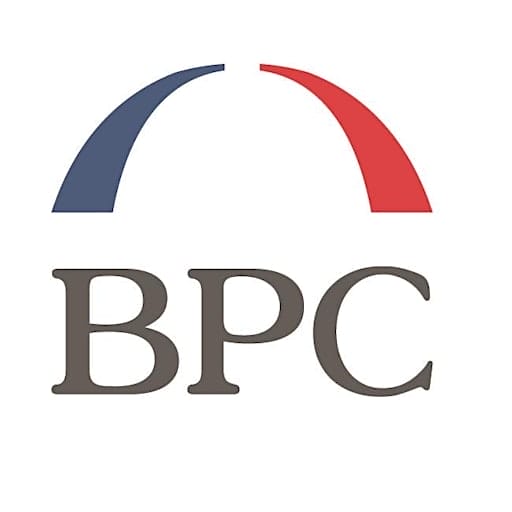
The Benefits of Carbon Accounting and Why Current Carbon Reporting Falls Short
(Bipartisan Policy Center, November 2025)
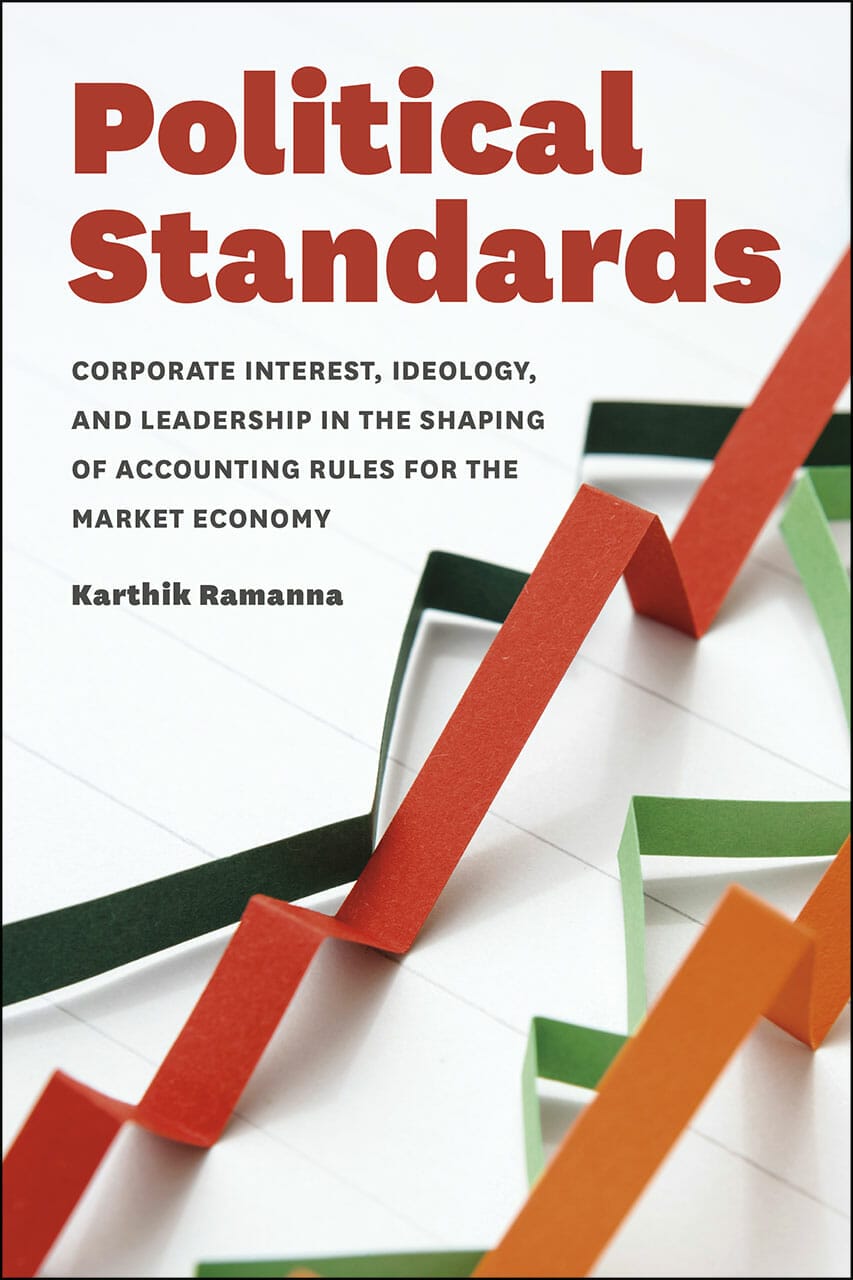
Political Standards: Corporate Interest, Ideology, and Leadership In The Shaping Of Accounting Rules For The Market Economy
(The University of Chicago Press, October 2017)

Do Managers Have a Role to Play in Sustaining the Institutions of Capitalism?
(The Brookings Institution, February 2015)
“In a world prone to outrage, leaders must navigate with grace, resilience, and strategic insight. This book provides the tools for managing effectively amidst turmoil, ensuring your organization not only endures but thrives.”
“'The Age of Outrage' is extremely helpful to leaders facing today’s confrontations, prompting them to ask the right questions and presenting a toolbox not only for responding in a measured, de-escalating, and thereby effective manner, but also for enhancing resilience at many levels.”
“We live in an era of outrage and outages, and Ramanna has masterfully created a very thoughtful and timely leadership playbook to deal with these complex but very relevant issues of today. A must-read for every leader and for aspiring future leaders.”
“Karthik Ramanna helps CEOs and other top leaders survive a crisis in the age of social media. His chapter on temperate leadership should be required reading for executives from Wall Street to Main Street who would otherwise be tempted to suppress dissent.”
“'The Age of Outrage' offers a transformative read for anyone interested in understanding and navigating the complexities of leadership in turbulent times. His framework for managing outrage is particularly insightful, promising valuable strategies for leaders across various sectors. A must-read for those looking to lead effectively in an era where outrage seems omnipresent.”
“As Karthik Ramanna writes, we urgently need to update our leadership playbook for these tumultuous times. His framework for how to shape and live by your organization’s values should be required reading for leaders making decisions that will determine our future.”
“Reading 'The Age of Outrage,' one wonders how many communications calamities might have been avoided with the benefit of these insights. Karthik Ramanna has produced a user’s manual for the current context. Not taking sides, he helps leaders in both the private and public sectors understand the instability of this moment—and act accordingly.”
“‘Accounting for Climate Change’ could not be more timely given the urgency of the climate crisis and the imperative for companies to reduce greenhouse gas emissions. The judges praised the article’s rigorous and practical approach to improving ESG reporting.”
“The response has been very positive. Partners rated the seminar a 6.8/7 for being thought-provoking, 6.8/7 for being highly-engaging, and 100% plan to discuss the concepts with colleagues or clients. Quite an all-around success!”














